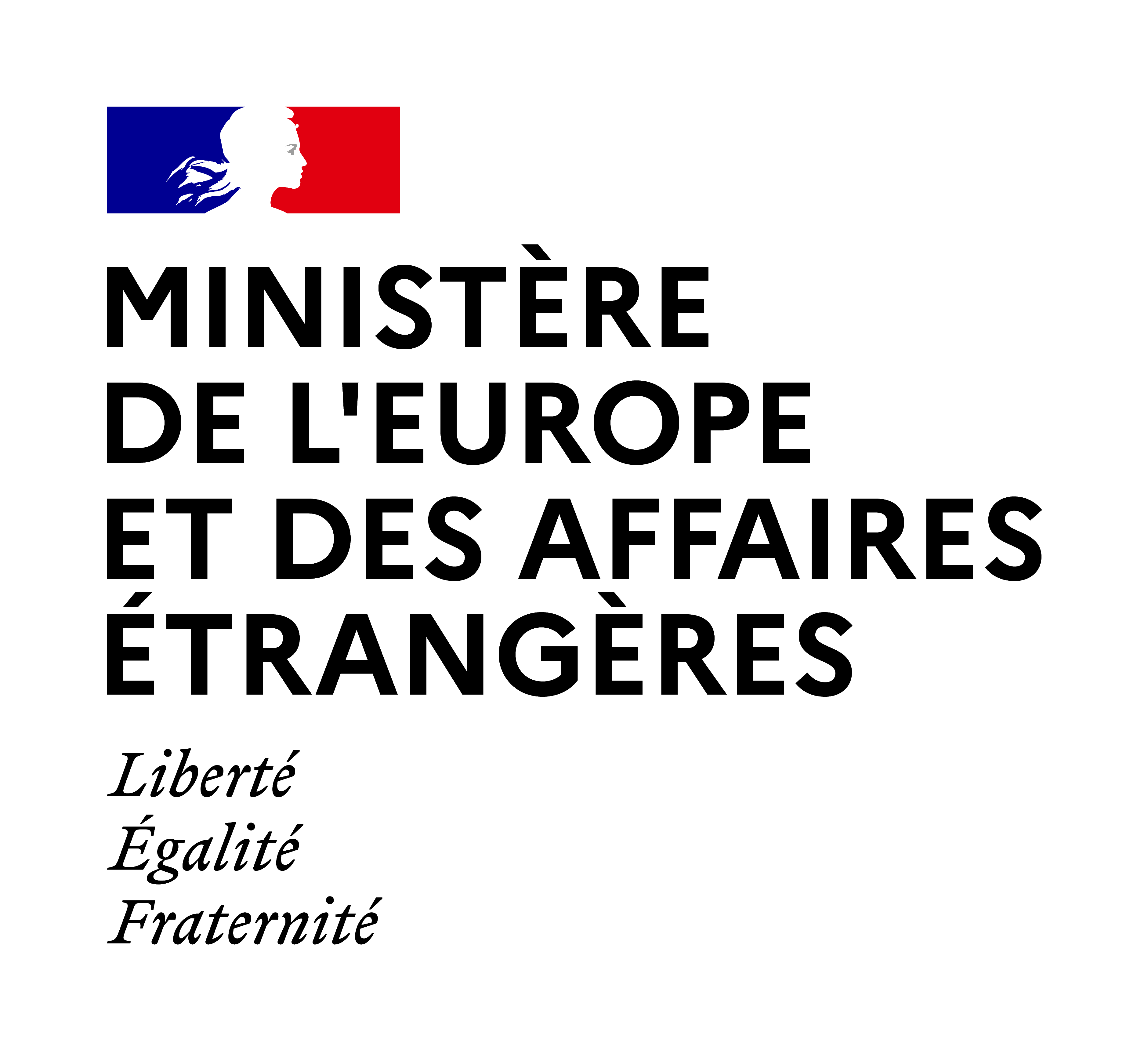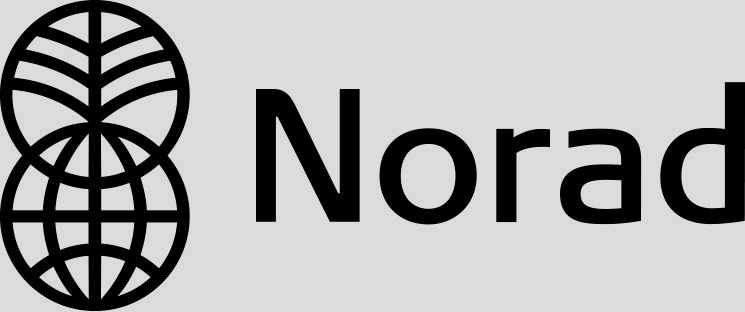Partner Organizations




Development Partners






Public Consultation on Tax Incentives Principles
Tax incentives—various forms of preferential tax treatment—have been widely used by countries to encourage desired activities and behaviors. However, while tax incentives can be effective in promoting specific goals, they can also erode tax revenue, create unintended distortionary and distributive consequences, and pose governance challenges. Policy makers, therefore, face complex decisions especially in light of ongoing and fundamental changes in the international tax landscape.
To support these decisions, the PCT partners aim to provide a concise set of high-level principles that are easily accessible to policy makers and other stakeholders. These principles are designed to help navigate the policy, legislative and administrative issues related to tax incentives. The accompanying more detailed remarks aim to further elaborate on the underlying reasoning for each of the principles, and direct readers to sources of further advice and analysis. The Tax Incentives Principles build on the 2015 PCT report: Options for Low Income Countries’ Effective and Efficient Use of Tax Incentives for Investment (Main Report and Background Paper). While these principles are intended to be applicable to all countries, they are framed with a particular focus on the circumstances of developing countries.
To maximize the usefulness of the principles and remarks, responses to the following questions are sought:
Please answer as many questions as you find appropriate. In your submission, kindly include the name of your organization, department, as well as the contact person’s name along with their contact details. Please send your responses to taxcollaborationplatform@worldbank.org. The deadline for submission is February 11th, 2025. Kindly note that all responses will be publicly posted on the PCT website.
The Platform for Collaboration on Tax (PCT) is a joint initiative of the International Monetary Fund (IMF), Organization for Economic Co-operation and Development (OECD), United Nations, and the World Bank Group to strengthen collaboration on domestic resource mobilization (DRM). The PCT, launched in April 2016, fosters collective action for stronger tax systems in developing and emerging countries.









